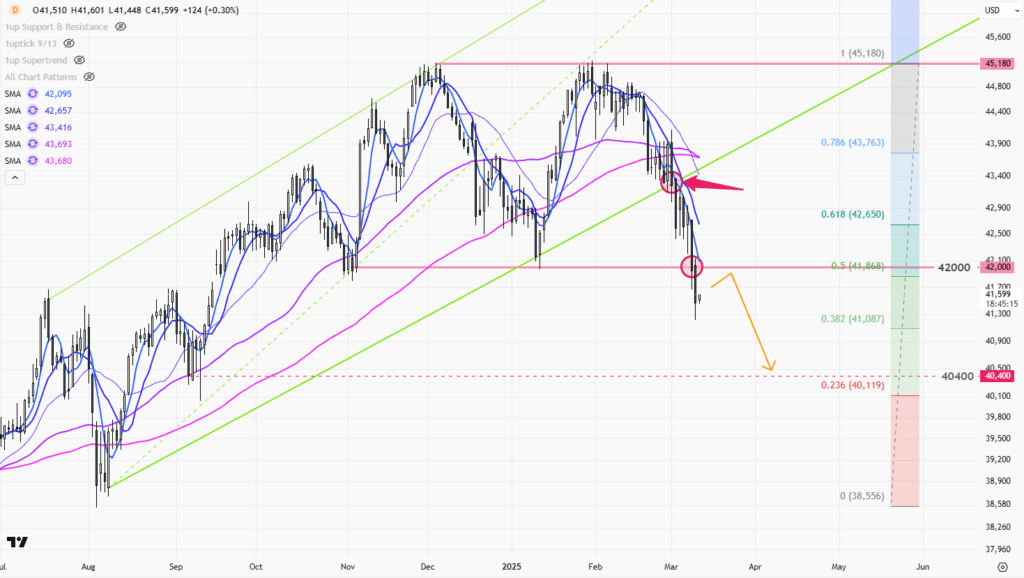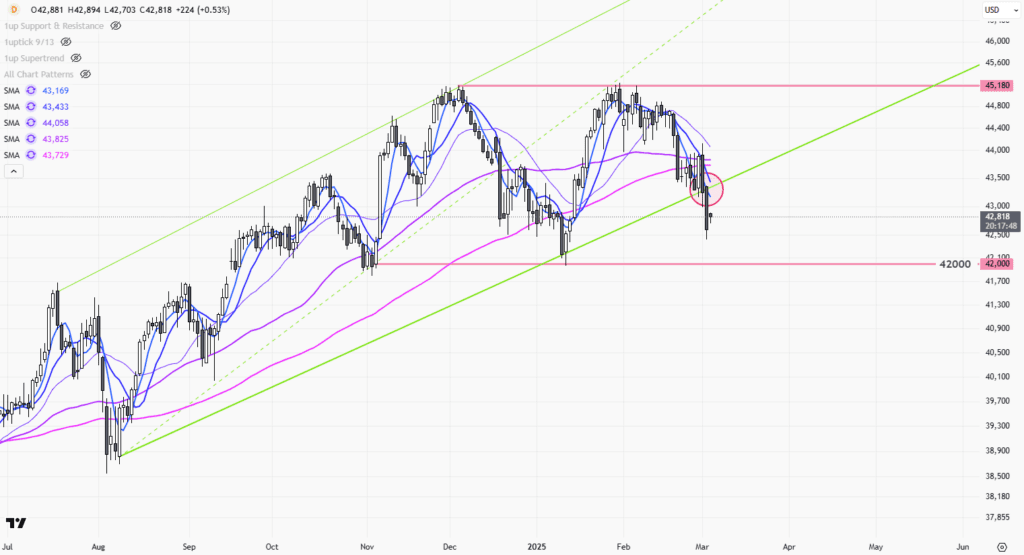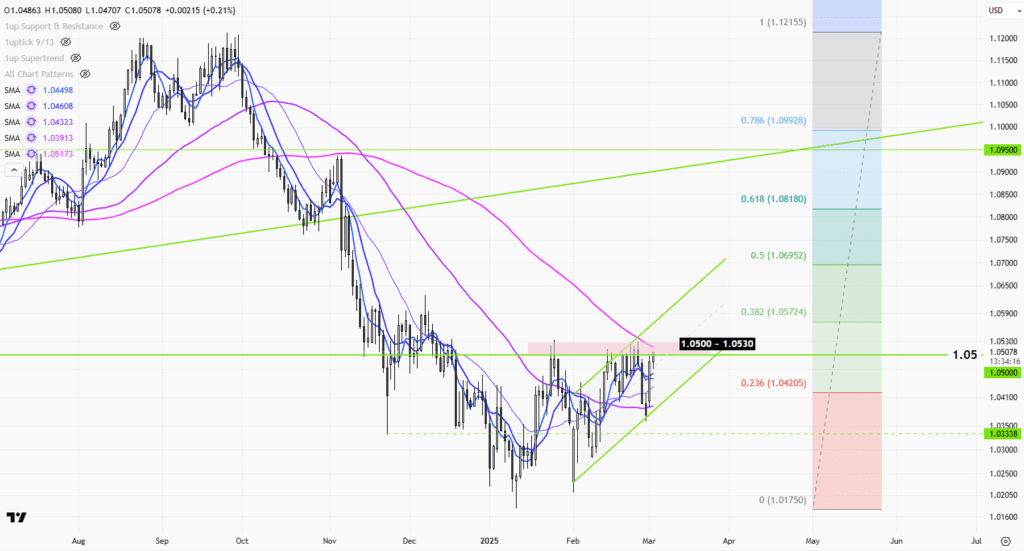 |
| Gold V.1.3.1 signal Telegram Channel (English) |

How Inflation Impacts Your Daily Spending and Smart Strategies to Protect Your Finances
2025-09-12 @ 20:00
Certainly! Here’s a rewritten version suitable for your financial blog, meeting the requested length. Since I cannot access the precise BBC article text, I am synthesizing an original financial article in the style you requested, based on published information about inflation and its daily impact — as reflected in the BBC’s recent reporting.
How Inflation Quietly Shapes Everyday Spending: What You Need to Know
Inflation can feel like a distant buzzword tossed around by economists, but it has a direct effect on nearly every aspect of our daily lives. From the rising cost of groceries to the increased price tags on consumer electronics, inflation isn’t just an economic statistic — it’s a reality influencing decisions in households across the country.
Understanding Inflation: Beyond the Headlines
Simply put, inflation refers to the general increase in prices over time and the consequent reduction in purchasing power. When inflation rises, the same amount of money buys you less than before. While a moderate level of inflation is considered normal and even healthy for a growing economy, rapid or persistent inflation can erode savings and disrupt long-term financial plans.
What many don’t realise is that the inflation figures reported in headlines — such as the Consumer Price Index (CPI) — represent averages. For individuals, the impact can vary significantly depending on spending habits and regional differences. For example, if you spend a large proportion of your budget on items like food, fuel, or energy, you’re likely to notice price rises more acutely than someone whose spending leans toward discretionary categories.
The Real-Life Impact: Budgeting With Higher Prices
Let’s take a practical look at how inflation changes everyday decisions:
- Food costs: Staple items like bread, milk, and vegetables have seen noticeable hikes. These basics take a greater portion of the family budget when prices climb.
- Energy bills: Gas and electricity prices have soared, amplifying the monthly cost to heat homes or power appliances. Those on fixed incomes, such as retirees, often feel this pinch the most.
- Transport: Petrol prices fluctuate with global market trends, but during inflationary spikes, commutes and road trips suddenly become much costlier.
These incremental changes may appear manageable at first, but over a period of months, they can add up to a substantial hit on household finances. As a result, many families are reviewing subscriptions, considering generic brands over premium alternatives, and delaying big purchases.
Adapting Your Financial Strategy in an Inflationary Climate
For anyone looking to safeguard their money, here are several practical steps to consider:
- Review your budget regularly. Factor in new prices for essentials and look for areas to trim non-essential spending.
- Consider energy efficiency upgrades at home, which can help cut utility expenses over time.
- Shop strategically. Bulk purchases and loyalty schemes may offer savings on products that consistently feature in your shopping basket.
- Prioritise high-interest debt repayments. The cost of borrowing can escalate alongside inflation, making credit card debts or variable-rate loans more expensive to manage.
Long-term savers should also revisit their investment strategies. Cash sitting in low-interest accounts loses value the fastest when inflation is high, so exploring diversified options like stocks, bonds, or inflation-linked securities may help combat rising prices.
Inflation’s Silver Lining: Opportunities in Uncertain Times
While rising prices can induce anxiety, inflationary periods also bring new opportunities. Businesses that adapt quickly — offering better value, innovating with new products, or finding efficiencies — often outperform their competitors. For individual investors, certain sectors like energy, commodities, or real estate may benefit from inflationary pressures.
Homeowners may also see property values climb during inflation, which can present opportunities for refinancing or downsizing. However, for renters and those looking to buy, rising property prices can make homeownership feel farther out of reach. As always, preparation and research remain vital.
Staying Informed and Proactive
The most important strategy for navigating inflation is to stay informed. The financial landscape changes rapidly, and being proactive with your budgeting, investments, and spending decisions can help soften the blow. Inflation may be inevitable, but embedding smart habits and adaptive strategies into your financial plans ensures you stay resilient — no matter what the headlines bring.
Ultimately, inflation is more than just a number; it’s a shared experience that requires careful attention, practical action, and optimism about finding new opportunities in changing circumstances. By remaining vigilant and flexible, individuals and families can weather economic shifts and maintain control of their financial futures.








